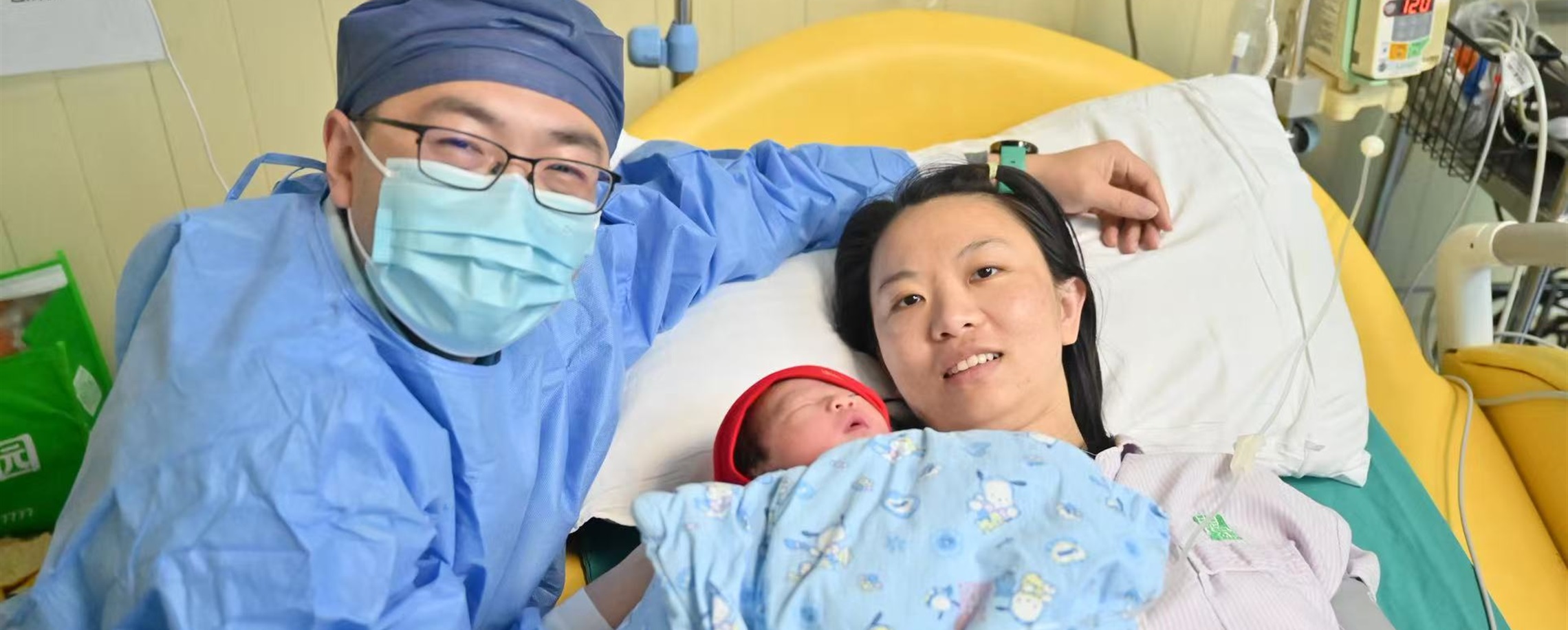How to get your health insurance in Shanghai

We all need health insurance. Bones break, scooters crash... It's just the responsible thing to do.
Expats working legally in China shall be covered by social security (including pension, medical insurance, employment injury insurance, unemployment insurance and maternity insurance). This should be paid by both employer and employee as legally required.
Expats can find the list of designated hospitals, coverage and medical reimbursement rates on the website of the Shanghai human Resources and Social Security Bureau (http://rsj.sh.gov.cn/), which has English service.
Employers shall, within 30 days of the date when a work permit is issued, complete insurance registration procedure for foreign employees at their local social security center. The documents required for expats to purchase social security in Shanghai include:
1. Employment documents. Labor contract or employment contract (excluding Taiwan, Hong Kong, and Macau residents who have completed employment registration and filing procedures).
2. Other documents, which may include one of the three documents, namely, Foreigner's Permanent Residence ID Card, Foreigner's Work Permit in China, or a Shanghai Residence Card (Type B), as well as their passport (not required for holders of Foreigner's Permanent Residence ID Card).
Nationals of countries that have signed bilateral or multilateral agreements on social security with China (including Germany, South Korea, Denmark, Finland, Canada, Switzerland, the Netherlands, Spain, Luxembourg, Japan and Serbia) and are employed in China shall purchase social security in accordance with those agreements.
In addition to medical insurance, expats or their employers can purchase commercial health insurance, which covers private hospitals and international medical departments affiliated with some public hospitals.
But finding the right plan for your specific needs is complex. Who do you buy from? How much coverage should you get?
Some common types of health insurance in China
1. Inpatient coverage (住院保障)
Inpatient care is when a doctor formally admits you into a hospital overnight or several hours during the day, typically for immediate, serious and often life-threatening scenarios.
Inpatient coverage plans typically have maximum cost limits and include services like medical evacuation and medical repatriation (transport to a different hospital if the current hospital cannot treat your condition). Some plans often cover repatriation of remains (sending your body back home if you die overseas).
2. Outpatient coverage (门诊保障)
This refers to medical care that doesn't require a hospital admission of more than 12 hours. This ranges from going to the doctor's office for a common cold to surgery to long-term diseases like diabetes and cancer.
Most plans cover medical practitioners, prescription drugs, specialists, diagnostic testing, and vaccinations. Some plans also include eye exams and prescription glasses, herbal medicine, acupuncture, and visits to the psychiatrist.
3. Wellness care (体检保障)
This refers to screenings for underlying conditions. Insurers cover up to a certain annual amount, which you can spend at a clinic of your choice on diagnostic tests.
4. Dental care (牙科保障)
It varies widely depending on the insurer. They generally have co-pays, and some include cleanings and preventative care while others don't. Emergency dental care is often covered in the in-patient coverage.

How to get health insurance
1. Go straight to an insurance company
You might first check their website. But don't rely on it for anything more than a contact person. If they have the option, submit a request for a quote on their website, and odds are good a salesperson will get back to you by phone call or e-mail.
You will have to fill in varying degrees of massive health declarations before your get your final quote.
A couple of big insurers in China are:
Aetna, a US Fortune 100 company, partnered with state-owned China Life – one of the largest providers in the country – and Huatai Insurance.
Allianz, a German company (now called Allianz Jingdong in China), is one of the largest insurance providers in the world, and reportedly has one of the best claims processes in the business.
Bupa is a British health-care provider that partners with Shanghai-based company Alltrust Insurance.
Cigna, arguably one of the biggest insurers worldwide, is popular with corporate clients. They partner with China Merchant Bank.
Ping An Health, the biggest health insurance provider in China, also runs the country's biggest health-care platform, Good Doctor.
Don't just go to one insurance company. Get quotes from as many insurers as you can, so you can compare the prices, benefits and options from each.
2. Go to a broker
Brokers can sell you insurance from many different companies, and they do the difficult work of comparing the various packages for you. In the best-case scenarios, they can even help out if there's a dispute with your insurer. They come in different sizes, and their quality varies dramatically.
Shanghai Sunwising Insurance Broker is a local Chinese fully-licensed insurance broker with an English-speaking team. They are an independent broker, consulting clients on which insurance fits their needs best.
Pacific Prime is a well-established broker offering plans from over 30 insurers worldwide. Their China branch has offices here in Shanghai, and they're quick to contact you and answer in-depth questions.
In Case You Missed It...

![[Reviewed] If You Haven't Heard of Choir of Man, Click Here](https://obj.shine.cn/files/2025/09/29/b88e915a-9538-4c2c-a71c-8913eb62f605_0.jpg)
![[Hai Guide] What To Eat, Do, and See During October Holiday](https://obj.shine.cn/files/2025/09/28/3c22c026-64dd-49a7-8283-ef7a659703f5_0.jpg)
![[Quick News] REMINDER: October Holiday Extended This Year!](https://obj.shine.cn/files/2025/09/26/d8cd3bf3-2d16-4abf-9692-f2d48aa5ec08_0.png)




